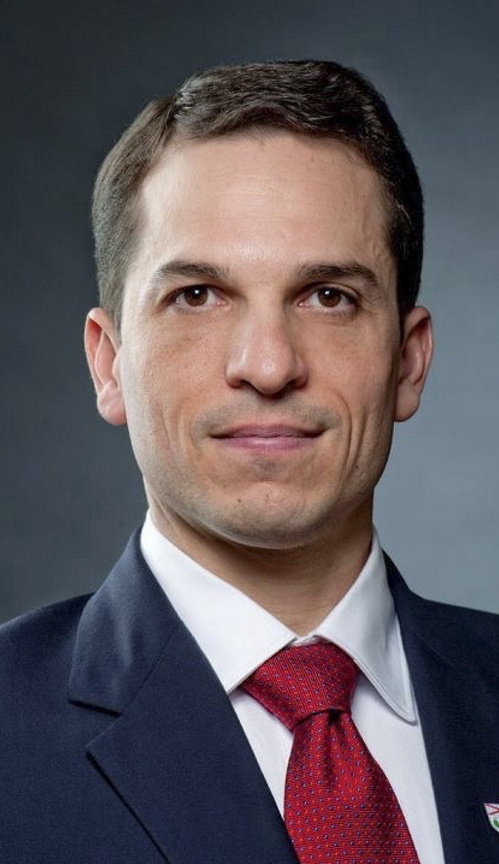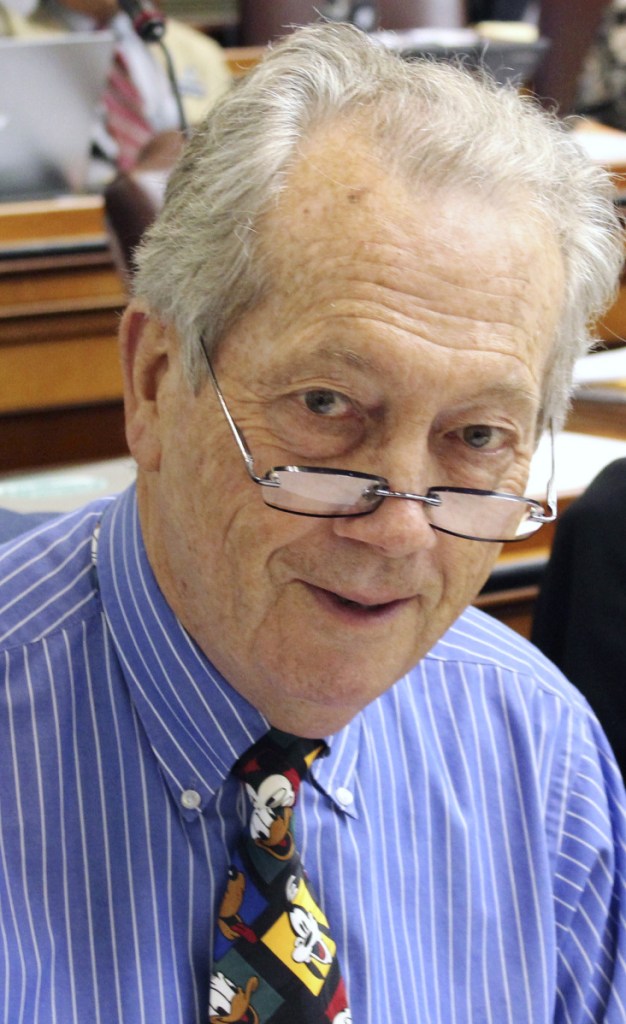Independent Justin Benjamin Pollard is trying to unseat incumbent Democratic Rep. Richard Farnsworth, who is seeking his fourth consecutive term representing District 37, which includes the Stroudwater and Nason’s Corner neighborhoods, in the Maine House of Representatives.
A third candidate – Republican Jane Frey – has withdrawn from the race, according to the secretary of state, but her name will remain on the ballot.
The race is shaping up to be a choice between a thinker and a hard worker.
The 46-year-old Pollard, who considered running for U.S. Congress before setting his sights on the state House, said he is running as an independent because he believes his true calling is that of “peace-maker.” He considers himself a “visionary and a thinker,” who can come up with creative ideas for tackling poverty, tax reform and the opioid crisis, though he admits he needs to work on the details.
“I’m very independent-minded,” said Pollard, who owns his own building company. As of Monday, he had not raised any money for his campaign nor begun going door-to-door. “I tend to come up with ideas that don’t fit into normal categories.”
Farnsworth, 78, said he is seeking re-election so he can take care of unfinished business, including voter-approved initiatives such as Medicaid expansion, bonding for much-needed senior housing and full implementation of ranked-choice voting. He would also like to secure more school funding for Portland and establish universal pre-kindergarten in public schools.
“My wife says I’m a workaholic because I really need to be doing things and getting things done,” said Farnsworth, who grew up on a fruit farm in Ohio, where his father was mayor. “Getting involved in issues that go beyond the family has really enticed me since I was a kid. That’s what lit the wick that’s continued to burn.”
The two men would take distinctly different approaches to combat substance use disorders.
Farnsworth, who is running as a Maine Clean Election Candidate, said the state needs to make more funding available for medication assisted treatment, while also supporting recovery programs that are tailored to an individual’s needs. He said the Legislature’s task force on substance abuse made progress toward laying out a blueprint for addressing the opioid crisis.
“Now we have to put our money where our mouths are and make things happen,” he said.
Pollard, meanwhile, would like to explore alternative healing methods, such as wilderness-based programs, which focus on experiential outdoor learning for self-discovery and growth.
To address homelessness and poverty, Pollard said he would like to look into creating organic farms that could employ people in need. That food could then be used in schools and local soup kitchens. In addition to work experience, Pollard said that approach would also educate people about proper nutrition and exercise.
Pollard, who ran unsuccessfully for the Portland City Council three years ago, would also like to reinvent the tax structure. Instead of focusing on income and property values, the state should consider a person’s overall wealth, including their investment portfolio. He also thinks local communities should have more autonomy when it comes to tax policy, rather than relying only on property taxes.
“I do think the wealthy should be paying more,” he said. “One of the roles of the state I think should be to redistribute resources from some the wealthier areas to the lower income areas and I think this education formula is one good way of doing that.”
Farnsworth said he would work to ensure the state meets its obligation to pay 55 percent of public education costs, pointing to the state’s surplus and the voter-approved initiative to tax higher incomes as ways to achieve it.
Farnsworth also thinks the state should be playing a bigger role addressing homelessness – whether it’s building permanent, supportive housing for people with substance use or mental health issues, or funding emergency shelters for people who have no where else to go.
“We’re not talking 10,000 people here,” he said. “This is a very manageable problem.”
Randy Billings can be contacted at 791-6346 or at:
rbillings@pressherald.com
Twitter: randybillings
Send questions/comments to the editors.




